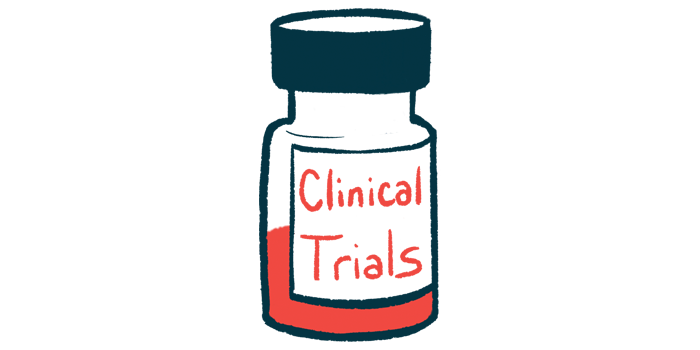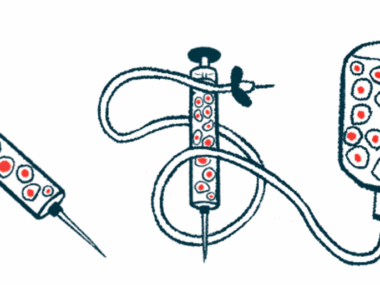Dosing Begins in Phase 2 Study of Experimental Treatment IkT-148009
The therapy is designed to block the activity of a protein that plays a role in regulating how neurons respond to damage
Written by |

The first participant has been dosed in a Phase 2 clinical trial testing IkT-148009, an experimental oral therapy for Parkinson’s disease being developed by Inhibikase Therapeutics.
This step “represents a major milestone in the development of IkT-148009 for the treatment of Parkinson’s disease and related disorders,” Milton Werner, PhD, Ihibikase’s president and CEO, said in a company press release.
The Phase 2 trial (NCT05424276) aims to enroll 120 untreated adults with Parkinson’s (modified Hoehn/Yahr stage less than 3), ages 30 to 75, who have no signs of cognitive impairment. The trial is set for 40 sites in North America and is enrolling participants at a dozen sites, according to Inhibikase.
Participants will be randomly assigned to take one of three doses of IkT-148009 (50, 100 or 200 mg), or a placebo, once daily for 12 weeks or about three months. The study’s main goals are to assess the treatment’s safety, tolerability, and pharmacokinetics (how the medication moves in, through, and out of the body).
“We are excited to evaluate the safety and tolerability of IkT-148009 in a three-month dosing regimen … 12 of up to 40 planned sites have been opened, and as the summer vacation months pass, we anticipate seeing an uptick in screening rates and enrolling patients in this study as we seek to deliver on our mission to improve the lives of patients suffering from devastating neurodegenerative diseases,” Werner said.
IkT-148009 is a small molecule designed to get into the brain and block the activity of Abelson tyrosine kinase (c-Abl), a protein known to play a role in regulating how neurons (nerve cells) respond to damage. It also blocks the activity of a related protein called Abl2/Arg, but does not affect other members of this protein family, according to Inhibikase.
“Our research continues to validate the critical role that c-Abl, a mechanistically defined target, plays in the initiation and progression of Parkinson’s disease, as well as the potential of IkT-148009 as a promising new approach to disease modification,” Werner said. “Preclinical data in animal models of [Parkinson’s] suggested that functional recovery could be achieved in less than 8 weeks.”
The company has already launched a Phase 1 study (NCT04350177) to evaluate the safety, tolerability, and pharmacological properties of IkT-148009 in both healthy volunteers and adults with Parkinson’s. Data from the ongoing study showed that doses of the experimental therapy up to 325 mg were well tolerated with no clinically relevant side effects reported at any tested dose.



